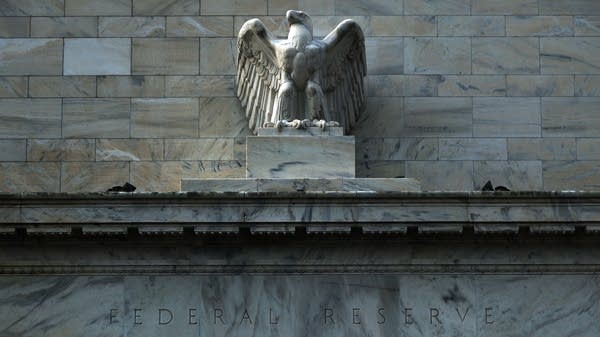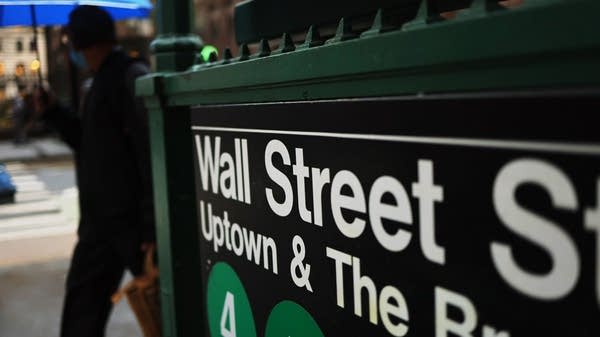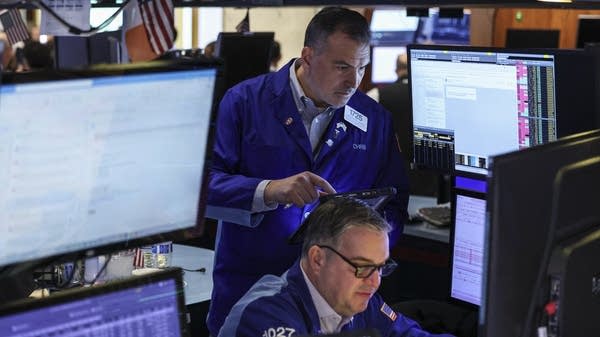How the Federal Reserve deals with oil price shocks
So far, the conflict between Israel and Iran hasn’t caused oil prices to spike too high, but economists are watching.

As you might’ve heard at his latest presser, Federal Reserve Chair Jay Powell is dealing with a lot right now: tariffs, national debt, the declining value of the dollar, and, as of late last week, a war in the Middle East.
So far the conflict between Israel and Iran hasn’t caused oil prices to spike all that much. At last check Brent Crude is just north of $76 a barrel, up about $5 over the last five days but cheaper than it was in January.
With the possibility of a wider war looming, it would be wise for Jay Powell to dust off the Fed’s oil shock playbook. Speaking of, what exactly is in that playbook? We’ll explain.
If there really was a “Fed Chair’s playbook for dealing with oil shocks,” Chapter 1 would probably be called: “The 1970s: What not to do”
“We had a very bad experience in the 1970s in which oil prices jumped, inflation kept ratcheting higher. The Fed would tighten occasionally, inflation would come down but not down enough,” said economist Donald Kohn, who joined the Fed shortly after the 1973 Arab oil embargo, when Gulf states at war with Israel stopped selling fuel to the U.S.
Kohn said it wasn’t necessarily the soaring gas prices themselves that were the problem, it was the impact those gas prices had on the psychology of American consumers.
“You have to make sure inflation expectations are anchored, and people don't expect prices to continue to rise and rise more generally than just oil,” Kohn said.
Fast forward to 2022, when inflation was already being stoked by pandemic shortages and then Russia invaded Ukraine, sending oil over $100 a barrel.
“The oil price shock of 2022 suddenly made inflation a much more urgent problem for the Fed,” said Bill Adams, an economist at Comerica Bank. “Which is why they pivoted so quickly from stimulus to a restrictive monetary policy, high interest rates.”
Those rate hikes eventually, mostly tamed inflation. Today, inflation expectations are relatively stable.
Stephanie Aliaga at JPMorgan Asset Management said that if oil prices do spike in the near future, Jay Powell should worry less about inflation writ large and more about a softening economy.
“Let’s just think about what happens if we do have a shock in the price of gas. Well consumers are going to feel that pinch in their wallets and particularly in an economy like we have today,” she said.
Or maybe we’ll just get lucky and the Fed’s oil shock playbook won’t include a chapter on 2025.













